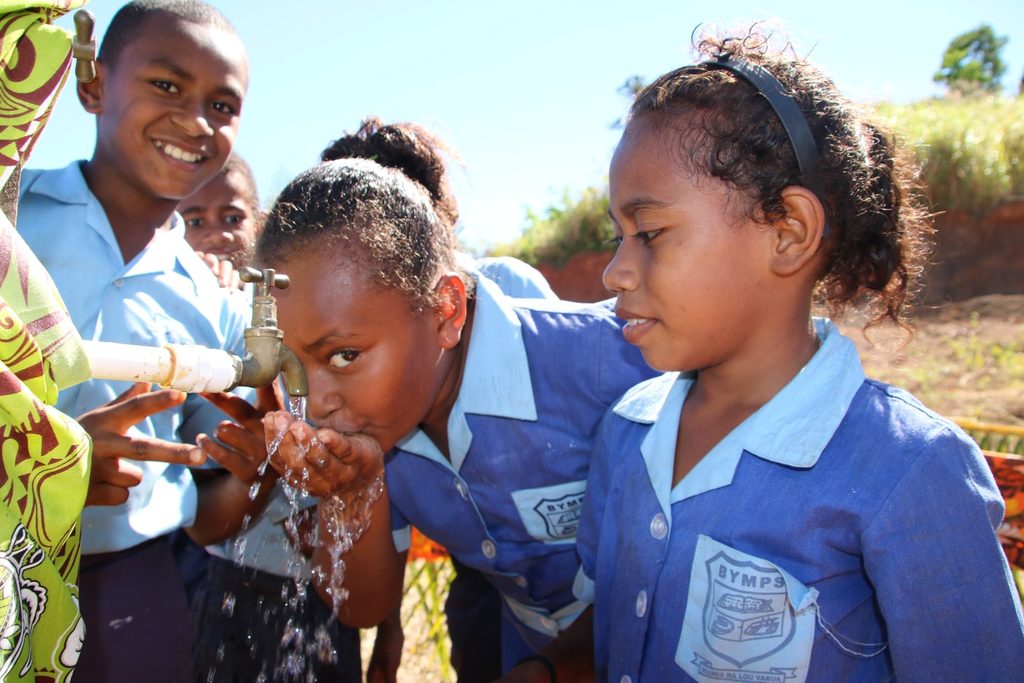Rural villagers and communities across Fiji have been found to waste significant amounts of water because of poor management of local water systems.
This was revealed during a Disaster Risk Reduction (DRR) funding panel discussion by Chief of WASH, UNICEF Pacific, Kencho Namgyal, who said training and community management programs had uncovered widespread inefficiencies in how rural communities used and maintained their water resources.
“Last year, in 2024, we trained about 302 villages across Fiji,” Mr Namgyal said.
“One of the feedbacks we received was that, before, communities actually wasted a lot of water.
“Many systems were built without properly accounting for wastage or estimating the real volume needed.”
He said the training helped communities identify where and how water was being lost, allowing them to design more efficient systems and reduce strain on limited supplies.
“They now look at what volume of water they need at all times and where it is actually used.
“By reducing wastage, we are also enhancing resilience.”
Mr Namgyal said UNICEF continued to work with the Department of Water and Sewerage and the Water Authority of Fiji to support these community-led improvements.
The discussion also highlighted the broader connection between economic resilience and sustainable resource use.
International Organization for Migration (IOM) Humanitarian Programme Manager, Hassan El Maaroufi, said rural and remote communities were increasingly vulnerable to economic shifts, climate change, and limited infrastructure investment.
“One thing I’ve observed, not just here in Fiji but in many parts of the world, is that the rural economy is increasingly hard hit by global changes,” Mr El Maaroufi said.
“One of the best ways we can really build resilience in our communities is by investing our thoughts, resources, and finances in developing economic livelihoods.”



